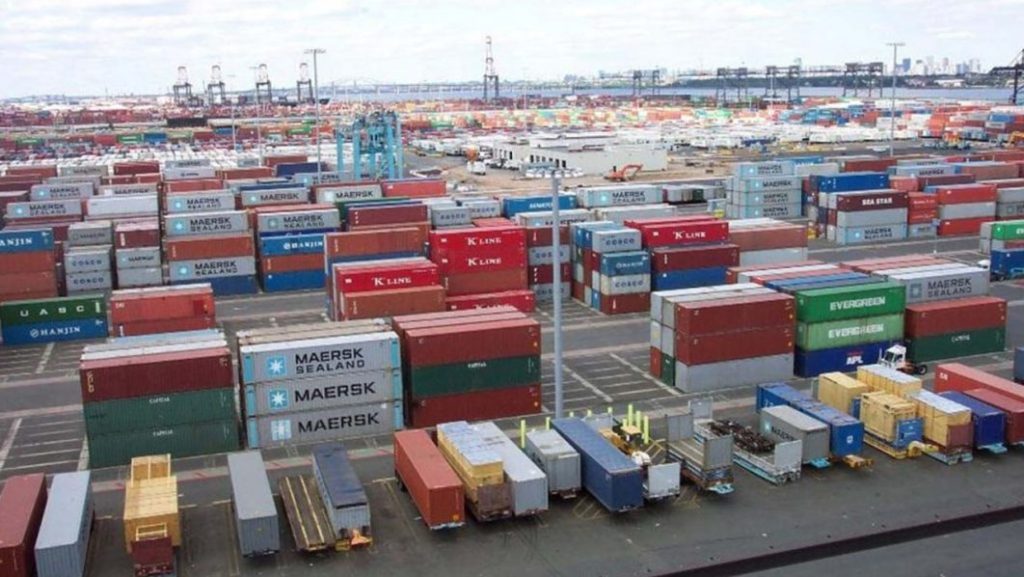The Nigeria Union of Petroleum and Natural Gas Workers (NUPENG) and the Petroleum and Natural Gas Senior Staff Association of Nigeria (PENGASSAN) have expressed strong opposition to the Federal Government’s plan to sell its stakes in Joint Venture (JV) oil assets. The two unions also condemned the proposed amendments to the Petroleum Industry Act (PIA), citing concerns that these policies would destabilize the Nigerian National Petroleum Company Ltd. (NNPC Ltd.) and put the economy at risk.
According to PENGASSAN President, Festus Osifo, the planned sale of government stakes in JV assets would have far-reaching consequences, including undermining foreign exchange earnings, weakening the Naira, and plunging the nation into budget deficits. Osifo emphasized that the oil assets belong to the federation, not just the Federal Government, and that selling them would amount to mortgaging Nigeria’s future. He noted that the government currently holds between 55 and 60 percent stakes in JV assets managed by NNPC Ltd. on behalf of the federation.
The unions are also concerned that the proposed amendments to the PIA would remove the Ministry of Petroleum from NNPC Ltd.’s ownership structure and hand over control solely to the Ministry of Finance. This, they argue, is an aberration that would weaken NNPC and endanger the country’s main source of revenue. Instead, the unions are calling on the government to focus on boosting crude oil production, which could be increased from 1.7 million barrels per day to over 3 million barrels with the right investment climate.
NUPENG President, Williams Akporeha, urged the government to rethink its approach to economic reforms and stop considering asset sales. He noted that the removal of subsidies had already increased revenues flowing into the federation account, but little had been done to address infrastructure and security challenges. The proposed amendment to the PIA, Akporeha said, is premature and would damage investor confidence in Nigeria’s oil sector.
The unions’ opposition to the government’s plans highlights the need for careful consideration of the potential consequences of such policies. With Nigeria’s economy heavily reliant on the oil and gas sector, any decisions made in this regard could have significant implications for the country’s future. The government is being urged to prioritize boosting crude oil production and improving the investment climate, rather than pursuing quick fixes that could endanger the country’s main source of revenue.



